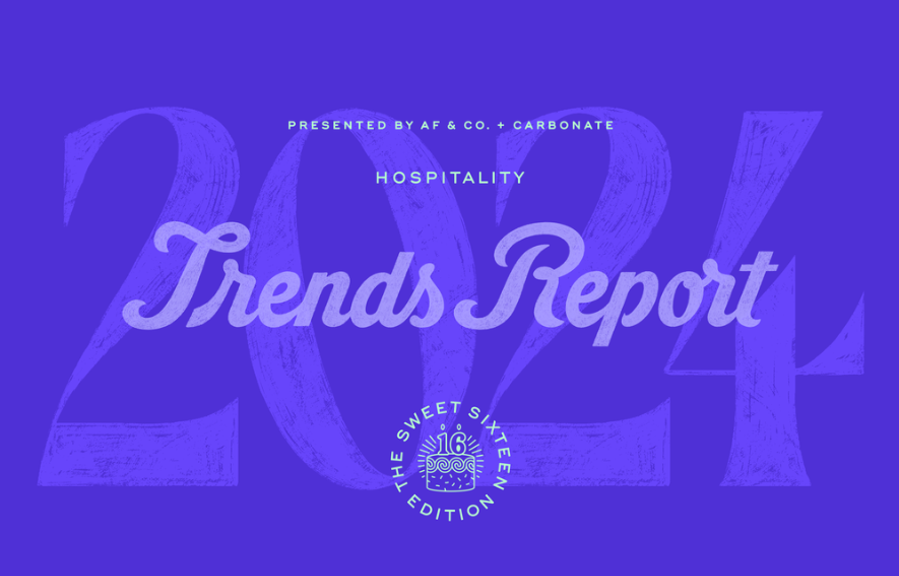#Hospitality, #Investments, #Luxury, #Realestate
In the last two decades, major hotel chains like Marriott, Hilton, and Hyatt have grown exponentially by focusing on franchising instead of owning real estate. This shift allows these brands to grow their global footprint without the financial risks of owning properties. Instead, independent operators handle hotel ownership and management, paying the brand for the use of their name and systems, benefiting both parties.
Franchising enables faster brand expansion as companies are no longer constrained by the high costs of real estate investment. Operators gain access to recognized names and valuable resources, like market data and loyalty programs. These loyalty programs drive customer retention by incentivizing guests with points they can redeem at a wide network of hotels, making the brands highly attractive to owners, especially in smaller markets.
Despite this trend, luxury hotels and some key properties are still directly operated by brands, ensuring consistent quality and service. While most hotels have shifted to the franchise model, certain high-end or specialized properties remain managed by the brands themselves. The shift toward franchising is likely to continue, further increasing the dominance of branded hotels.
Check the video here: https://bit.ly/3Yc3DGo

The 2024 Hospitality Trends Report, in its 16th edition, embraces a maximalist “More is More” philosophy, exploring fantasy realms, prioritizing community, and integrating artificial intelligence for an unforgettable year.
Accessibility Tools